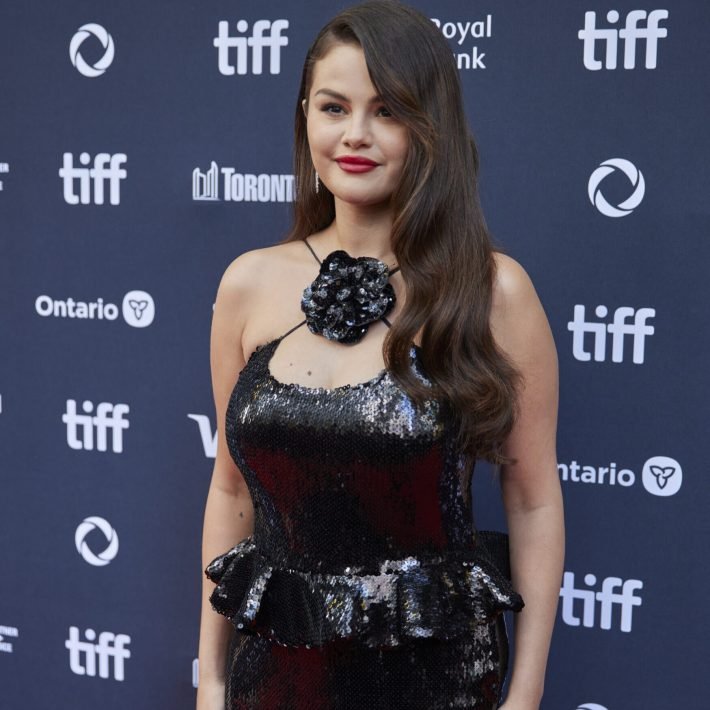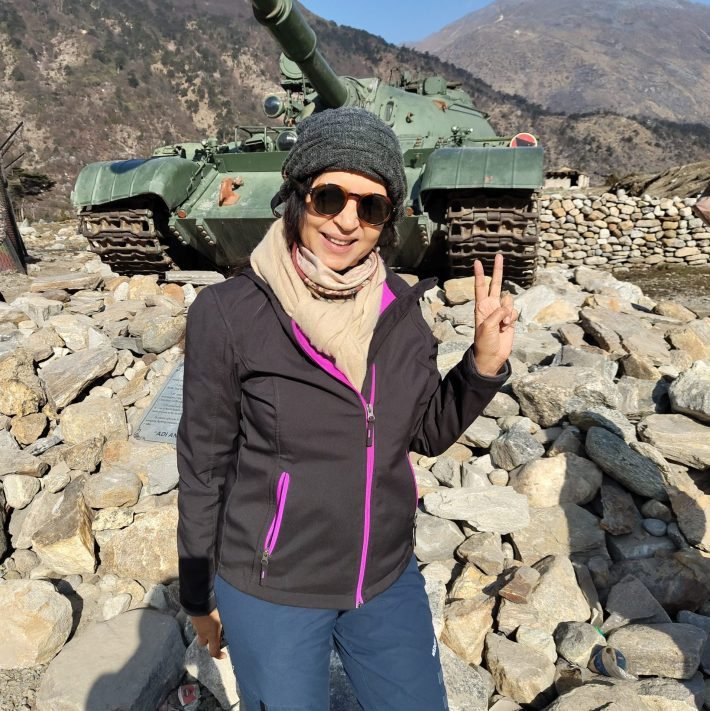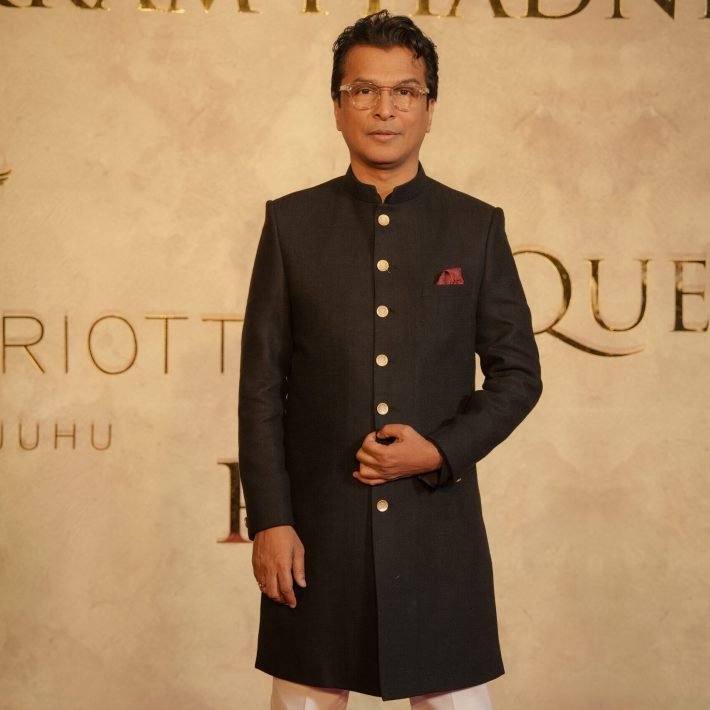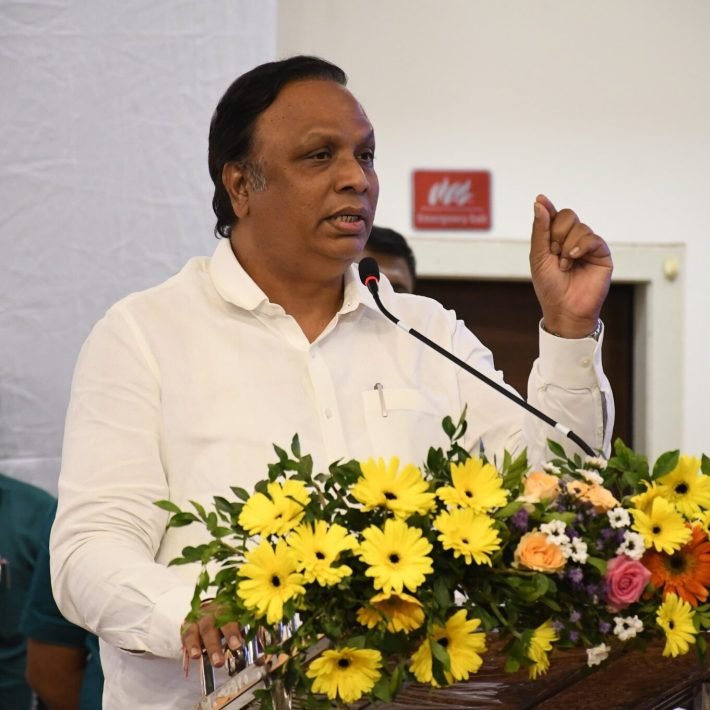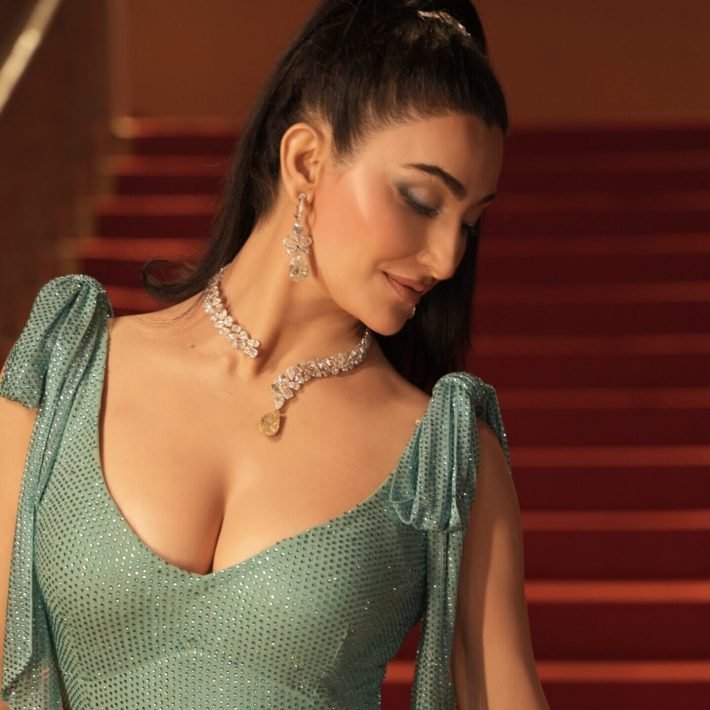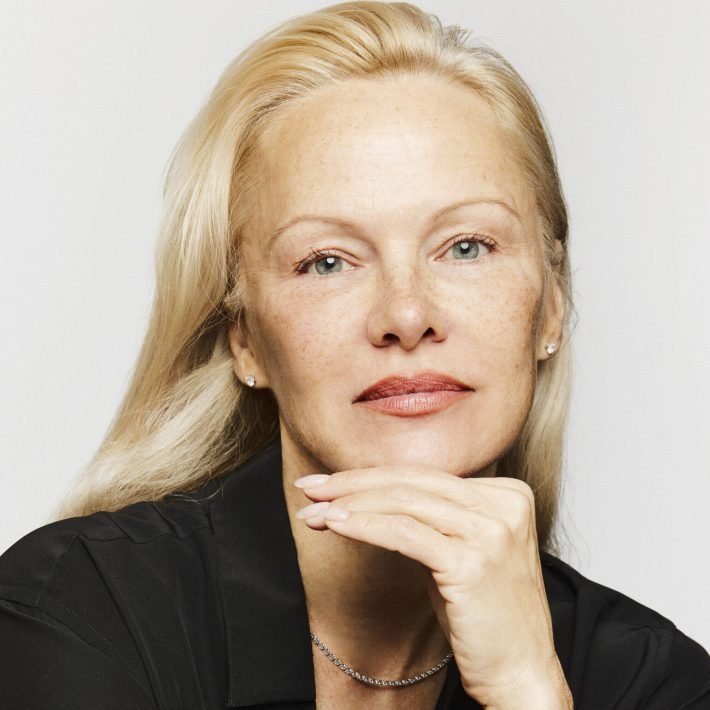Vibrant, intelligent and well tuned in, it’s always a pleasure to talk to powerhouse actress, producer, director, educationist, and social activist Kiran Juneja Sippy. The lady doesn’t mince her words, yet is always charming and amiable. Undoubtedly, a zabardast combination! Let’s get to know her a li’l better…
By Andrea CostaBir
Kiran, please give us some insights into your artistic inclinations. What drew you to acting?
I came to Mumbai to model and became one of the top models. In a few years, I had practically modelled for all the top brands – Nivea, Lakme, Vimal, Margo soap, Mafatlal, Binny, Morarji Mills and many more. I started getting restless and bored. I travelled all over India and abroad for fashion shows for Vimal and Binny, and I was wondering what next… That is exactly when television opened up and serials started. Though I had been interested in acting as a child and in college I acted as a lead in two big productions – ‘Deviyani Ka Kehna Hai’ and ‘Ashar Ka Ek Din’, I had never thought of taking acting seriously as a career. The transition just happened. The first serial I did was ‘Paying Guest’ with Rajshri Productions, and then 26 episodes of ‘Wah! Janaab’ with Shekhar Suman. It was set in Lucknow and it was a satirical comedy, then came ‘Buniyaad’ and ‘Mahabharat’ which changed my life forever and made my path very clear.
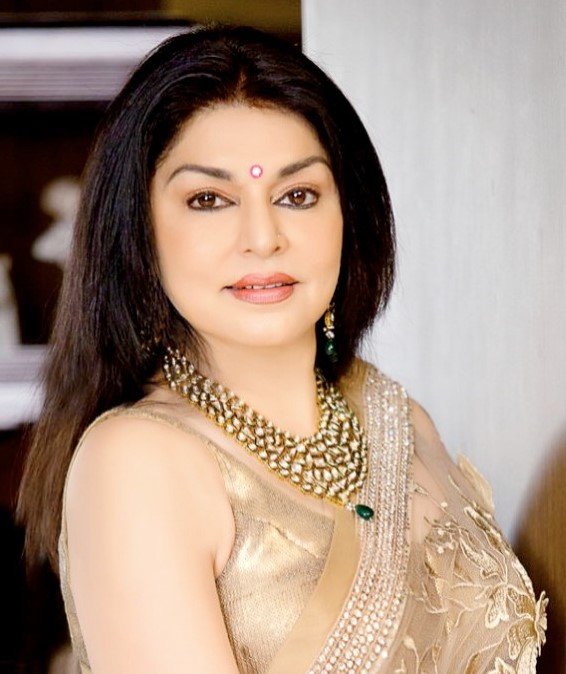
You started your career in the 1980s. What were some of the challenges and opportunities for a young actress at that time?
In the ‘80s, life was not like it is today. TV series had just started, so there was work in films and there was work in television, but there was not so much work. A few TV programmes were happening, so only a select few got work, but those who got work got recognition if they did a good job or if they became popular. Till today some of those artistes are remembered.
Today, the scenario has changed. There are a lot of serials, OTT programmes, and films happening. There are so many actors who are getting work, which is great! It’s a great time for actors – they are being paid very well, but today people forget you so fast, so if you’re not working and not seen on screen, you can be forgotten soon.
Looking back at your body of work, is there a particular role that holds special significance for you?
Yes, of course, how can I ever forget my roles in ‘Buniyaad’, ‘Mahabharat’ and some of the films that I will always remember – ‘Jab We Met’, ‘Bunty Aur Babli’ and ‘Khosla Ka Ghosla’?! They were good roles and I am remembered even today for them.

What motivated you to move behind the camera and into production?
Growth is very important in life, especially for a person like me who gets restless easily and wants to explore many things… I married Mr Ramesh Sippy and after that acting jobs almost stopped coming because in the ‘80s and ‘90s, if you got married, your career was over. And especially if you married somebody as powerful in the film industry as Mr Ramesh Sippy. People were afraid to approach me for a role as they thought I would be difficult, and make more demands. Of course, I suffered because of that but I do not mope about things, I move forward.
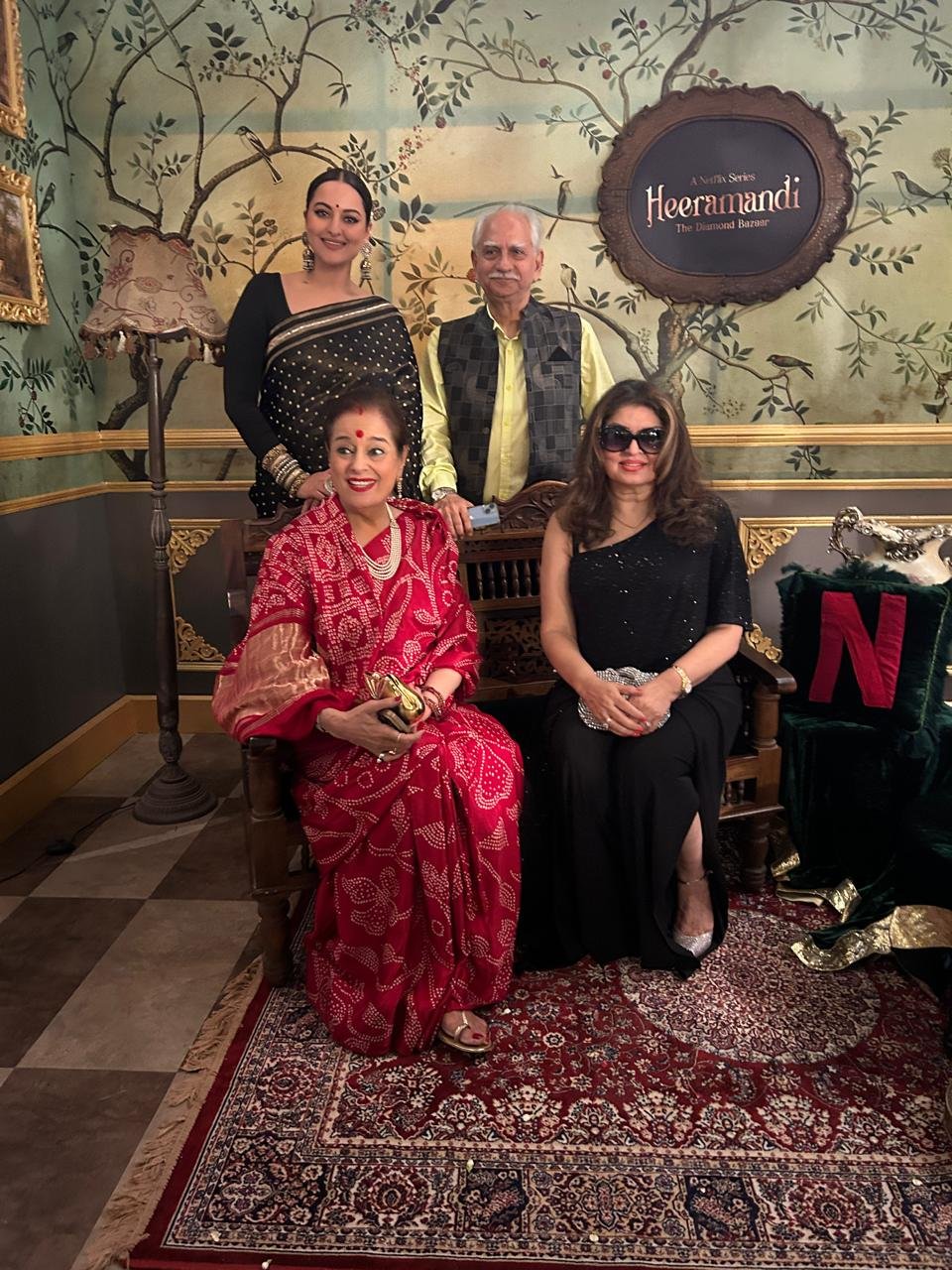
I want to do whatever keeps me going and keeps me happy and is creatively satisfying, so I moved behind the scenes. I got involved in scripting, production and direction. I became a part of Ramesh Sippy Entertainment, and did a lot of work. I started my own production company called Kiran Chitra Enterprises under which I co-wrote, produced and directed a short film for DD; conceived, researched and anchored ‘The Kiran Juneja Talk Show’ for Star Plus; conceived, produced and anchored the talk show ‘Faasley’ for DD News; and recently conceived, directed and produced two documentaries as well – ‘Broken Strings’ and ‘Moving Images’ for NFDC. I just shot a documentary in Kanpur and Delhi, so I have had a very rich career with a lot of work to do – whether it is behind the scenes or in the front.
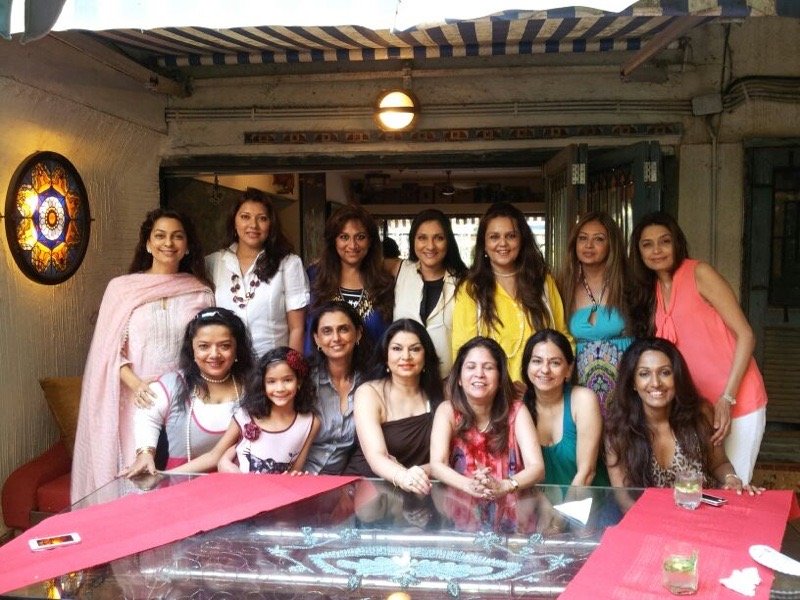
Tell us about your transition from an artiste to an educator?
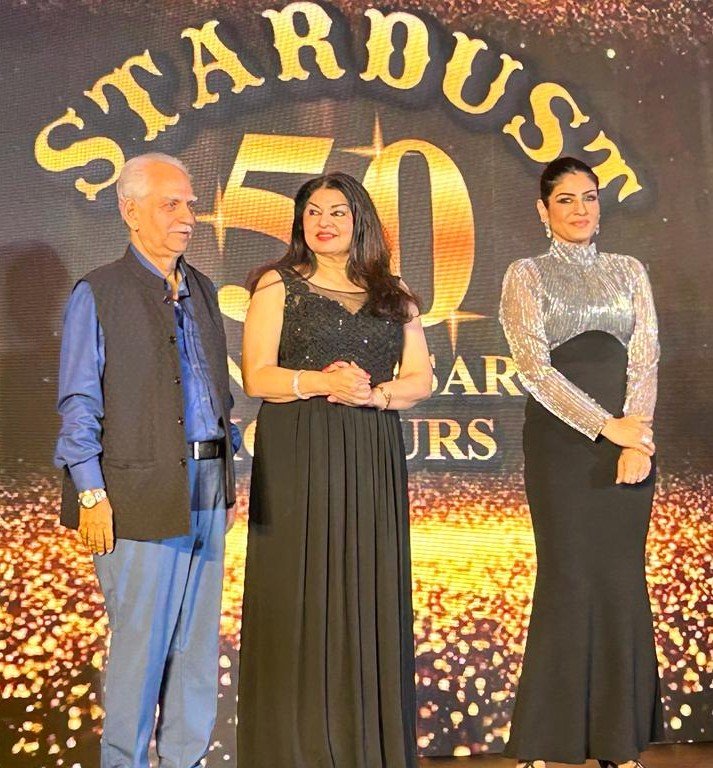
Well, Rameshji always felt that our industry did not have proper teaching and most did not get a graduation certificate in spite of studying for three years. This is very important for Indian parents because at the end of the day, the child is still only 12th pass. In 2017, Mumbai University was quite excited about running a film school from their campus. We were approached to start this Academy, and Rameshji and I realised the value of starting this Academy so that students could actually get a proper graduation certification. We have five graduation film courses in affiliation with Mumbai University. It is a huge responsibility. I am the MD, so basically I run the Academy. Believe me, it is a lot of work but I love it. I enjoy the interaction with the students. It is so creatively satisfying because you’re always introducing new subjects, new topics in VFX and animation, new tools and new software in editing.
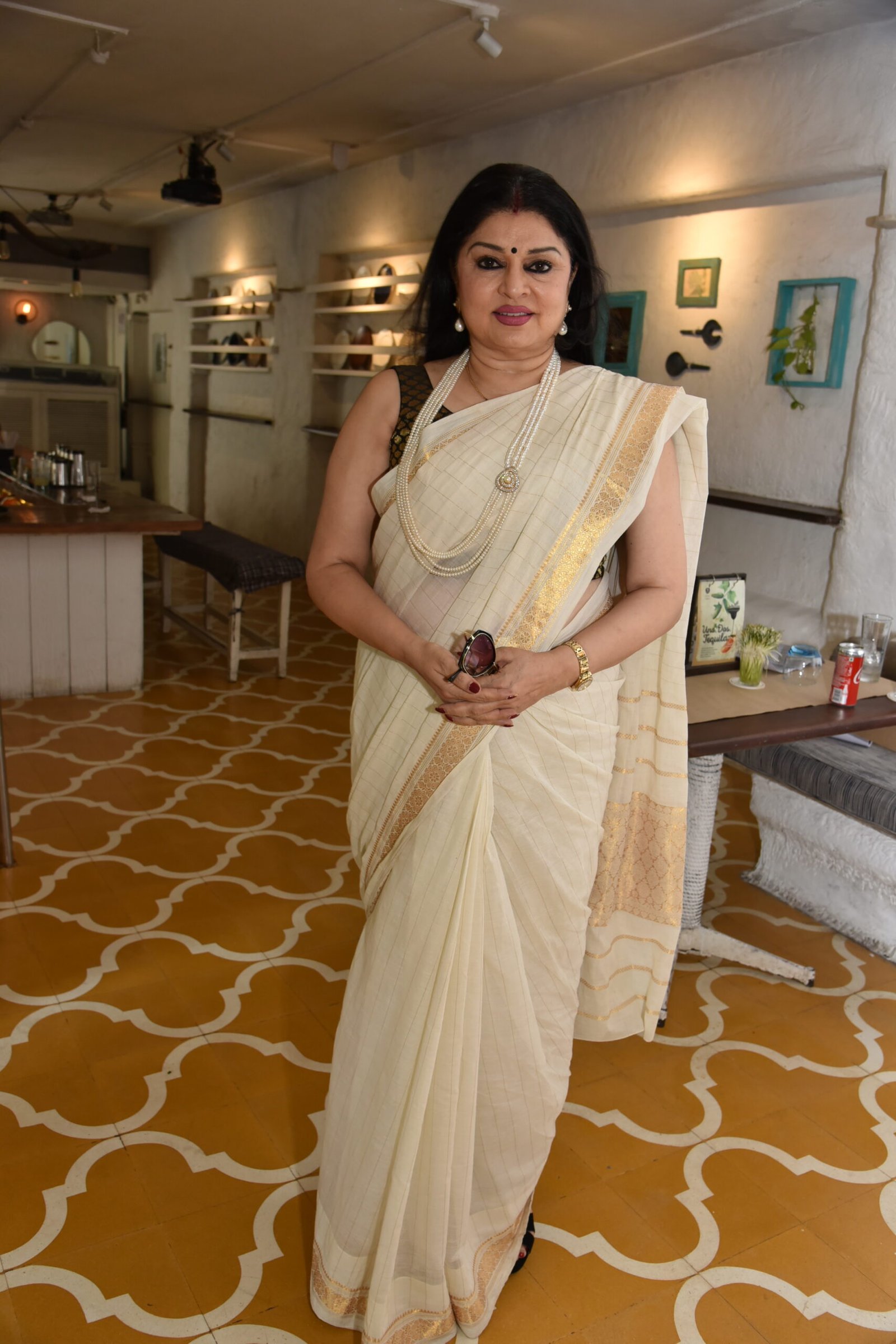
I also manage the Ramesh Sippy Entertainment Company on a day-to-day basis, where I’m involved in the creative department plus I do a bit of pitching too.
You are involved in social initiatives as well. Can you elaborate on your work with the Respond Foundation?
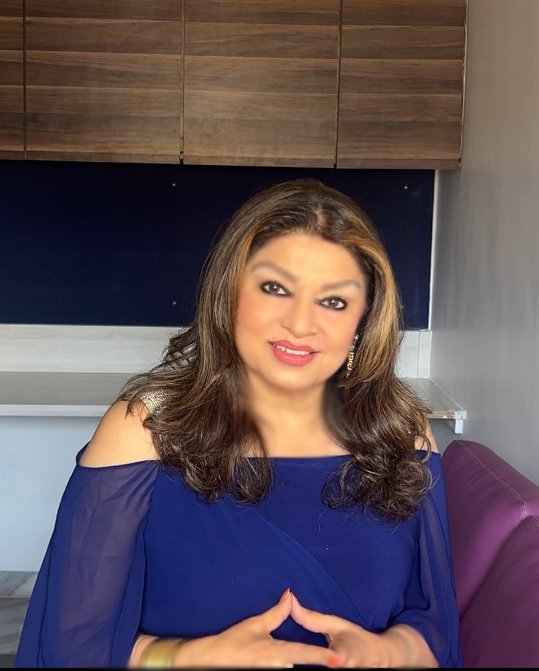
One day, at the Ramesh Sippy Entertainment Company, I saw a struggler sitting there, wanting to meet Rameshji. At the end of the day, when I came down, he was still sitting and waiting because Rameshji did not come in that day. I was a little surprised, so I asked him what he was doing here and he told me his story. How he had come from a small town, a middle class family, and he was struggling as he did not know who to meet etc. I was very touched as I feel that people from all over the country come to Mumbai and struggle as they want to make it as a singer, dancer or actor but they don’t know how to go about it. They don’t have any guidance or connectivity.
That’s when I decided to start the Respond Foundation, which is an unusual initiative because most people would say, you should be doing things for the poor, for needy children, for the elderly… I agree that a lot needs to be done in all these areas, but I also feel that youngsters need a helping hand to start off. This is how we try to help upcoming, talented youngsters.
You enjoy a vibrant life with your husband Ramesh Sippy. What, in your experience, is the recipe for a great relationship and marriage?
Like everything else, one of the keys to a successful marriage is to work on it every day of your life like you do when you take up a job or when you start a project. The problem is that once you’re in a relationship and once you settle down and get married, you start taking marriage for granted and you feel that it will just flow, but nothing really flows. There is a lot of give-and-take in every marriage and I think both partners need to understand that and work towards a successful marriage. Also we need to love and respect not just each other, but also each other’s families.
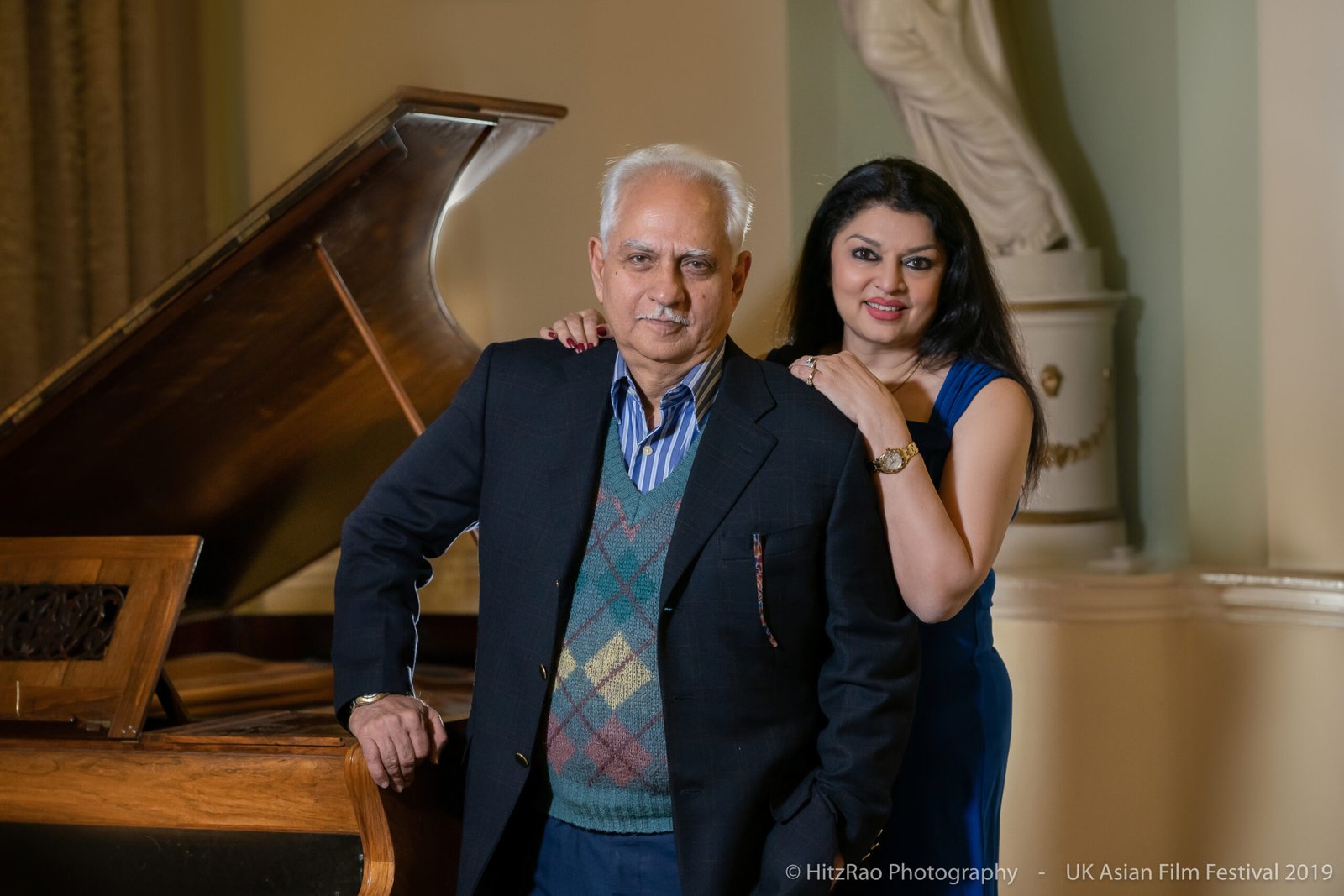
I put in a lot of effort to see that I have time for my husband, that we do things together, and that he is my priority in life. I must say he’s also very considerate, very encouraging and spends quality time with me. Luckily for us, we also share the same passion and the same interests. We love movies and theatre, food, travelling… so there are very fe
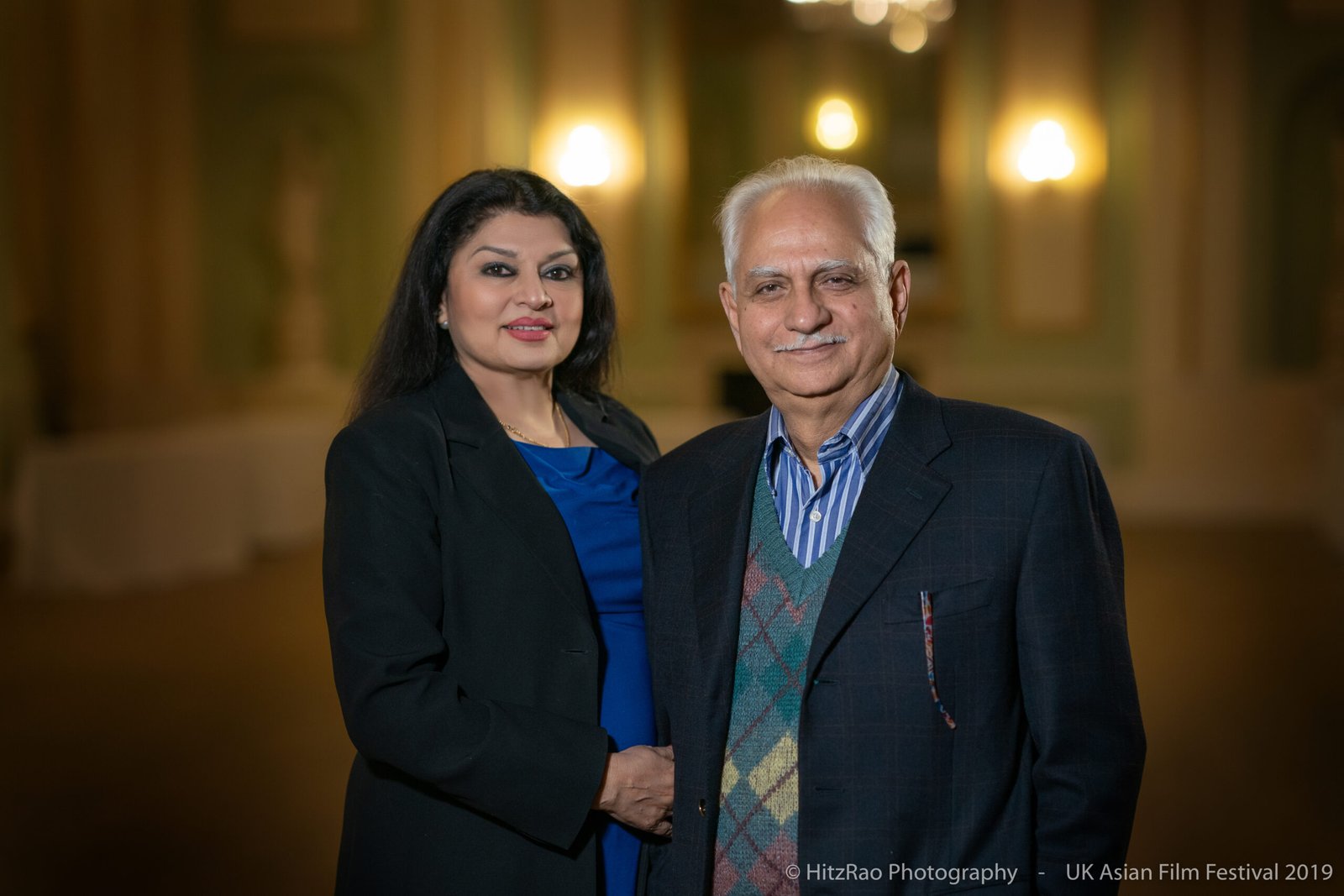
w areas of friction. One of them is that I get very bored watching a cricket match and he loves it. So very often when we are at home, I will go into the other room and do my own thing, while he enjoys his match. Togetherness, love, respect and effort all go into making a marriage successful.

